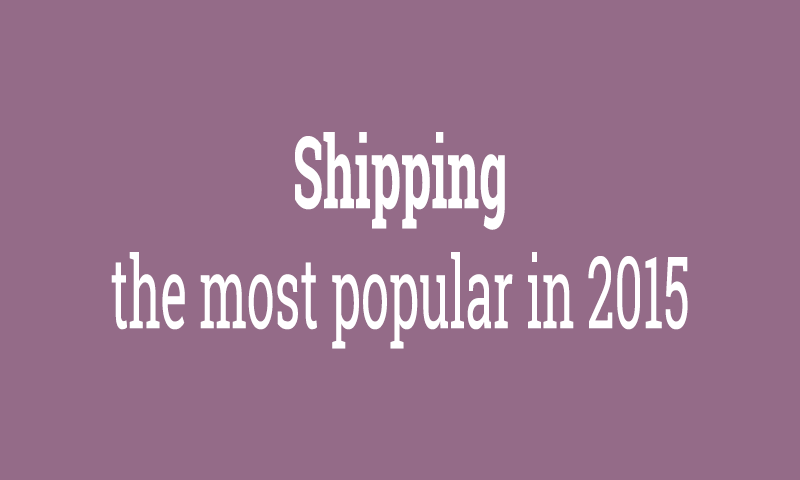PortEconomics is celebrating the ending of the year recapping the articles that have captured the interest of the visitors of our web initiative so far for 2015.
As measured by Google Analytics the list of the top-5 news presented at PortEconomics in 2015 on shipping and who it affects ports are:
1. Concession agreements and market entry in the container terminal industry
When shipping lines are interested in operating container terminals, the capabilities and strategies required for obtaining a concession to operate a container terminal in a seaport is the theme of the study conducted by the three PortEconomics co-directors, Thanos Pallis, Theo Notteboom and Peter de Langen. [Link]
2. Mega vessel stop-over: transhipment near the straits of Gibraltar
The Straits of Gibraltar is strategically located on some of the most important East-West trade lanes. Theo Notteboom discusses why ports in the wider region around the Straits have good reasons to convince shipping lines of making a call at their container terminal facilities for transhipment and interlining purposes. [Link]
3. Not your grandma’s shipping market: new global principles for shipping and ports
Maritime shipping and port operations are both facing economic and commercial changes in the post-recession era. Jean-Paul Rodrigue discusses the new global principles for shipping and ports and conclude that this is “Not your grandma’s shipping market” anymore. [Link]
4. Embrace change: how data analytics transform ports (shipping and supply chains)
How many of the strategic and daily decisions in shipping, ports and supply chains are supported by data analytics? Can we eliminate uncertainty? Thomas Vitsounis addresses these and other questions as data analytics change the world and daily port life. [Link]
5. The legacy and future of the Panama Canal: from point of transit to transshipment hub
The Panama Canal expansion project is almost ready to open a new set of locks and complete several ancillary projects, such as dredging and widening. Jean-Paul Rodrigue and Theo Notteboom discuss the legacy and future of the Canal. [Link]












